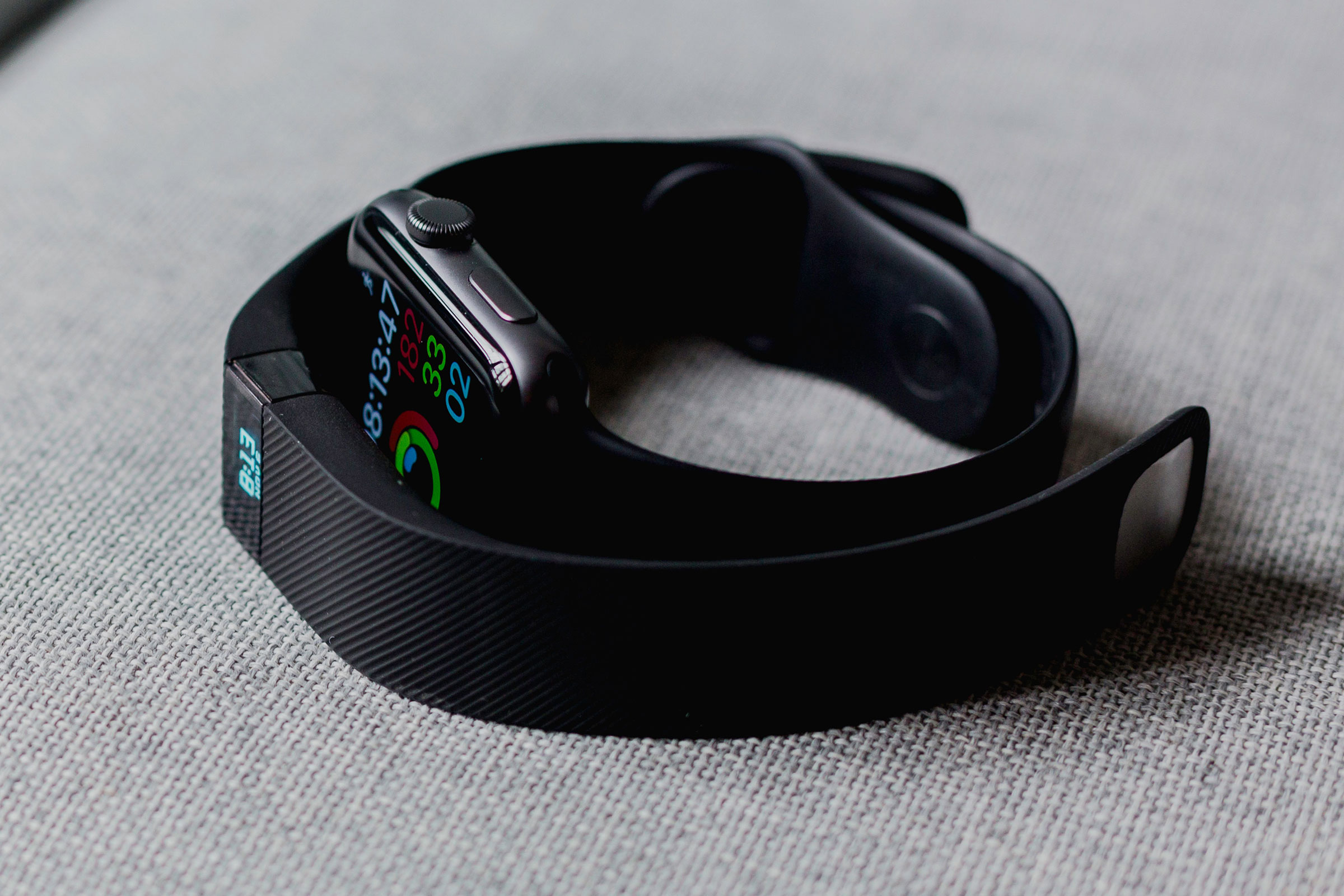 What is the human body designed to do? Sit at a computer all day? Drive a car? Stare at a screen, motionless?
What is the human body designed to do? Sit at a computer all day? Drive a car? Stare at a screen, motionless?
Well, how do you feel after sitting all day? How do you feel after a walk in nature, or along your neighborhood sidewalks?
The right amount of brisk walking can leave you feeling invigorated. Just 30 minutes can burn 150 to 200 calories, and can give your heart exercise pumping oxygen to muscles, organs and brain. As part of a daily routine, walking tones muscles and clears the mind.
And as the weather warms up here on the pinky side of the Mitten, it’s the perfect time to take a walk in Michigan’s most-beautiful region! Take advantage of the non-motorized trails of Sleeping Bear Dunes or Traverse City, do a short hike into a state forest, walk along a lakeshore, be it Great Lake or small.
No gym fees, no special equipment, no special clothing except for comfortable shoes are needed.
Eight Reasons to Go for a Walk:
1. Heart Healthy
Participation in walking programs led to improvements in blood pressure, slowed resting heart rate and reduced cholesterol. A Harvard Medical School study showed that 21 minutes of walking a day can reduce the risk of heart disease by 30%.
2. Mind Healthy
While walking helps your brain’s physical state — cardiovascular benefits lead to a reduction to the risk of stroke in men and women — it also helps its mental state. Studies show that walking relieves anxiety, reduces risk of depression, and at the same time boosts mood, memory and creativity.
3. Body Healthy
Brisk walking might not seem to be a workout, but countless studies show it burns calories — 150 to 200 calories in 30 minutes of brisk walking — and tones muscles. The University of Utah found that walking cuts the risk of obesity by five percent with every minute walked throughout the day.
4. Fight Diabetes
The American Diabetes Association recommends walking as one of the ways to lessen the impact of diabetes. Their walking program is designed to build stamina in patients over 12 weeks.
5. Longer Life
The American Cancer Society reported that their studies show “walking an hour a day achieves greatest longevity benefit.” More than half a million men and women participated in a study comparing activities like walking, jogging, aerobics and others. It was found that most of the longer-life benefits were gained by moderate-intensity activity, like walking seven hours a week. The study showed that the minimum recommended amount of activity lowered risk of death by 31%; three-to-five times the recommended amount lowered risk of death by 39%.
6. Reduce Cancer Risk
A 2012 Harvard Women’s Health Study showed that walking for just one to three hours a week reduces risk of death from some cancers by nearly 19%; three to five hours a week reduces risk by nearly 54%.
7. Boost Your Immune System
Appalachian State University found that walking 30 to 45 minutes a day can increase your disease-fighting immune system cells.
8. The Better Workout for Some
Jogging might have “the proverbial leg up on walking,” John Ford, certified exercise physiologist and track athlete, told NBC News, “walking is a really good form of exercise and can help you reach your fitness and weight-loss goals.” If you’re overweight, have back, knee or ankle problems, or just aren’t the “jock” type, walking is the easiest, most-healthy way to get moving!




